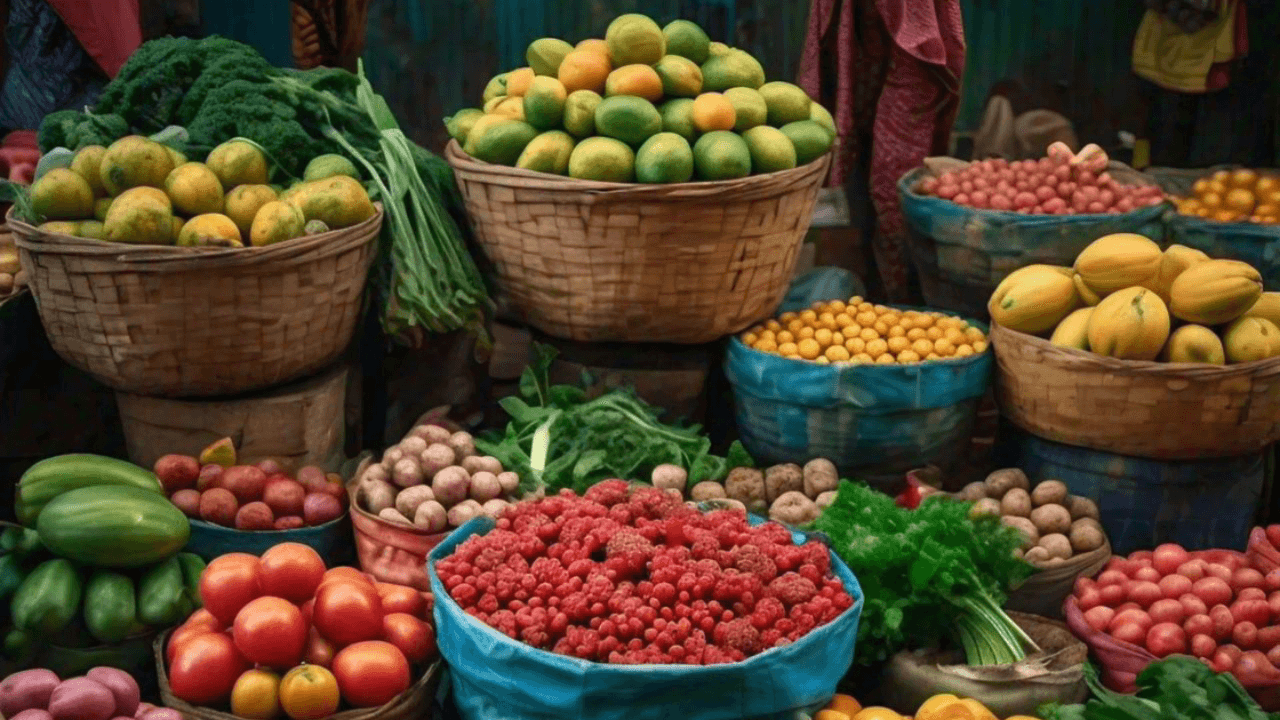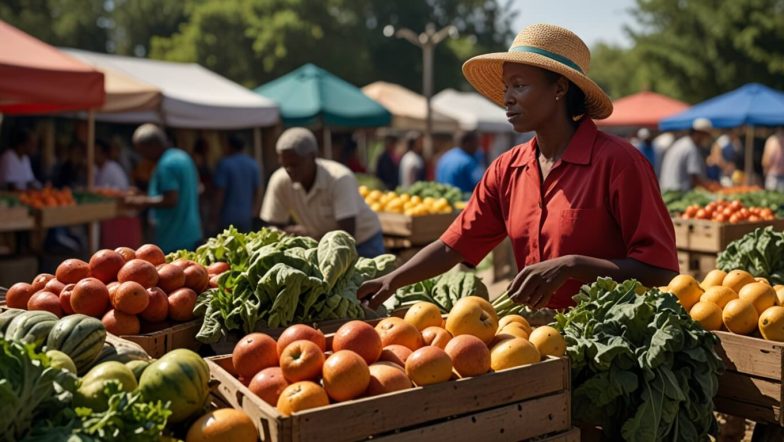Growing up in Nigeria, I’ve always appreciated the vibrant array of fruits and vegetables available at different times of the year. Our seasons play a crucial role in determining what fruit or produce is fresh and abundant.
I make it a habit to engage in seasonal eating when I am around. (For those who don’t know, seasonal eating involves consuming fruits and vegetables that are harvested during their natural growing seasons.)
Embracing seasonal eating ensures that we get the best-tasting produce and also brings a myriad of health and environmental benefits. In this article, I’ll delve into the advantages of seasonal eating in Nigeria and how it can enhance our lives.
Health Benefits of Seasonal Eating
- Nutritional Value
Fruits and vegetables harvested in their peak season are packed with more nutrients
compared to those grown out of season or transported long distances. For example,
mangoes and pineapples, when eaten during their natural season, are not only tastier but
also richer in vitamins and antioxidants that boost our immune system and overall health. - Digestive Health
Seasonal foods tend to align with our body’s nutritional needs. During the hot, dry season, hydrating fruits like watermelon and cucumbers are abundant, helping us stay cool and hydrated. In the cooler months, root vegetables like yams and sweet potatoes provide the warmth and energy our bodies crave. - Supporting Local Farmers
By eating seasonally, we support local farmers who bring fresh produce to our markets. This ensures we get food at its freshest while contributing to the local economy and sustaining agricultural livelihoods.
Environmental Benefits of Seasonal Eating
- Reduced Carbon Footprint
Eating seasonal and locally grown foods significantly reduces the carbon footprint associated with food transportation and storage. When we buy produce that is in season and grown locally, we cut down on the energy used in transporting food from other regions or countries. - Preservation of Biodiversity
Seasonal farming practices encourage crop rotation and diversity, which are essential for maintaining soil health and ecosystem balance. By consuming a variety of seasonal produce, we support farming methods that preserve biodiversity and enhance soil fertility. - Less Waste
Seasonal produce is often fresher and lasts longer, reducing the likelihood of food waste. When we buy fruits and vegetables in their natural season, we enjoy them at their best quality, minimising spoilage and waste.
Seasonal eating is a wonderful way to connect with our natural environment and enjoy the freshest, most nutritious foods available. By aligning our diets with nature, we support our health, the local economy, and the planet.






Leave a comment